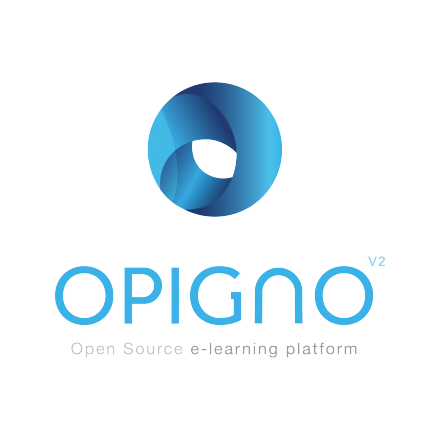Resources
Here’s a list of resources to get you started with DDEV and Drupal 9. As with setting up any new development (or production) environment there are a lot of moving parts and it take some time to get it all right. This list includes “HowTo” articles, tools, and documentation to get it all set up.
Notes
— After running ddev config and before running ddev start for the fist time use your favorite editor to edit .dev/config.yaml to the following:
name: d9-dev
type: drupal9
docroot: web
php_version: "8.1"
webserver_type: apache-fpm
router_http_port: "80"
router_https_port: "443"
xdebug_enabled: false
additional_hostnames: []
additional_fqdns: []
mariadb_version: ""
mysql_version: "8.0"
nfs_mount_enabled: false
mutagen_enabled: false
use_dns_when_possible: true
composer_version: ""
web_environment: []
This will setup DDEV with MySQL 8, PHP 8.1, Drupal 9, and Apache. This matches the dev environment that CALI is using for D9. Check the DDEV docs for more possibilities.
— The DDEV install includes the latest phpmyadmin to help with mysql admin. It’s available in a local browser at <projectName>.ddev.site:8036. Use phpmyadmin to load a dump of the D9 dev database.
— Once WSL2 is setup, use Ubuntu 20.04 to host DDEV.
— DDEV includes git so that’s a good way to manage Drupal. In the CALI world use git to grab a copy of the current D9 code base.


